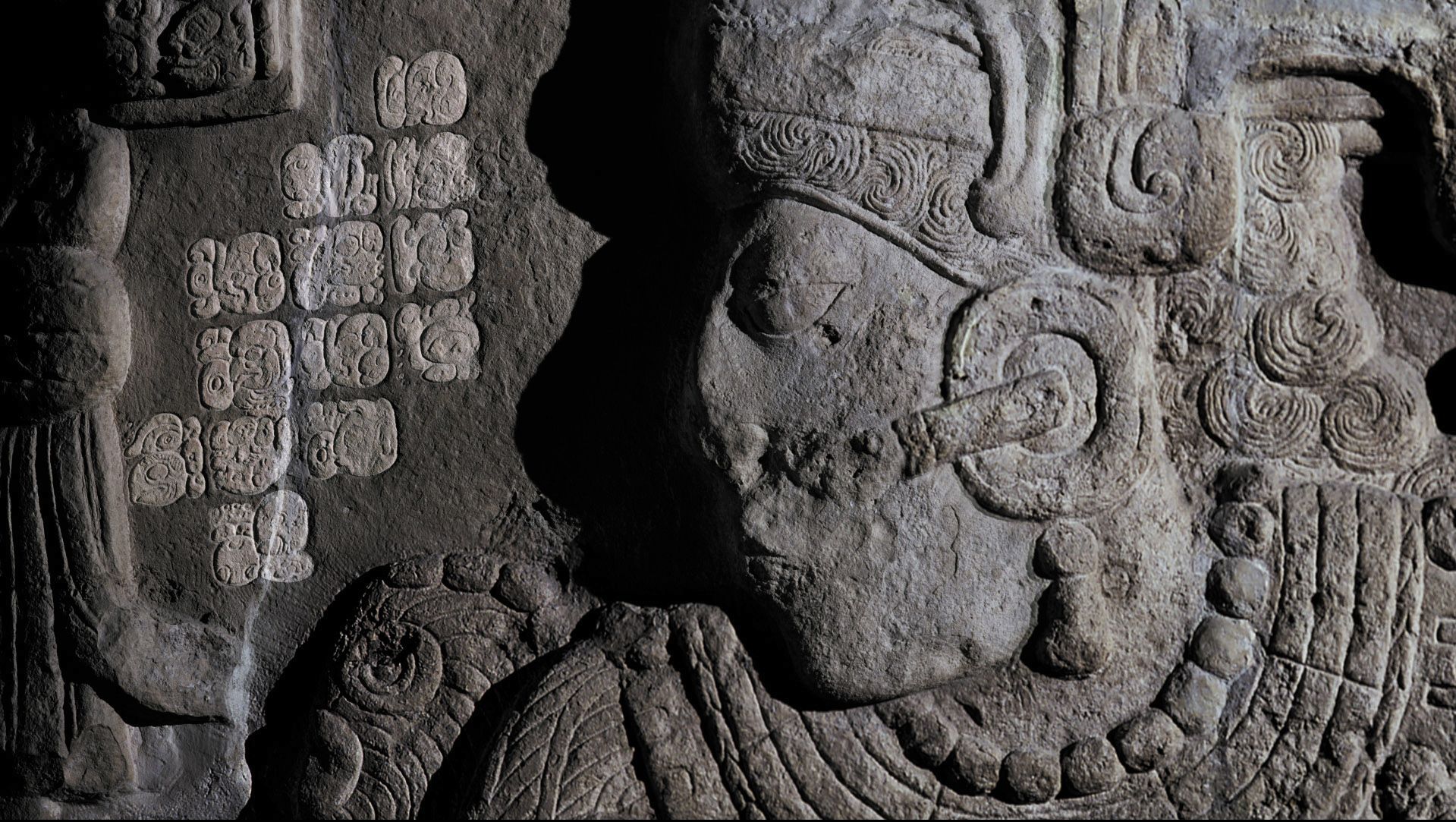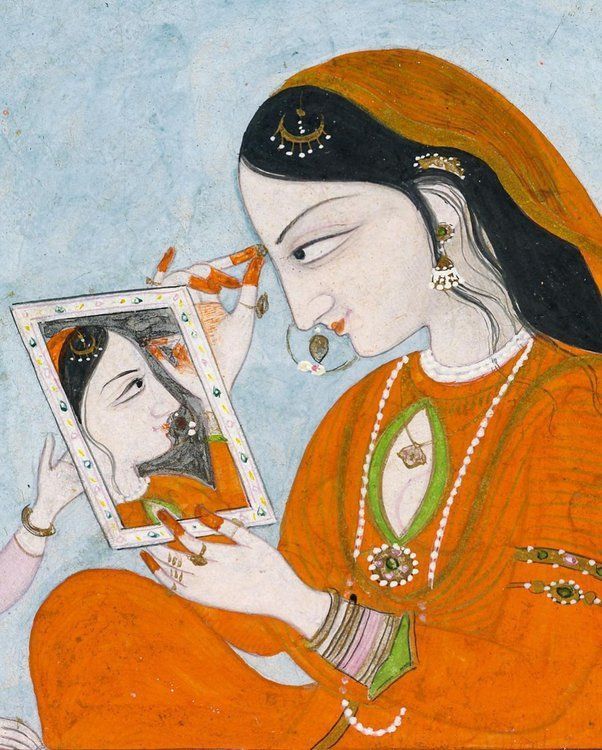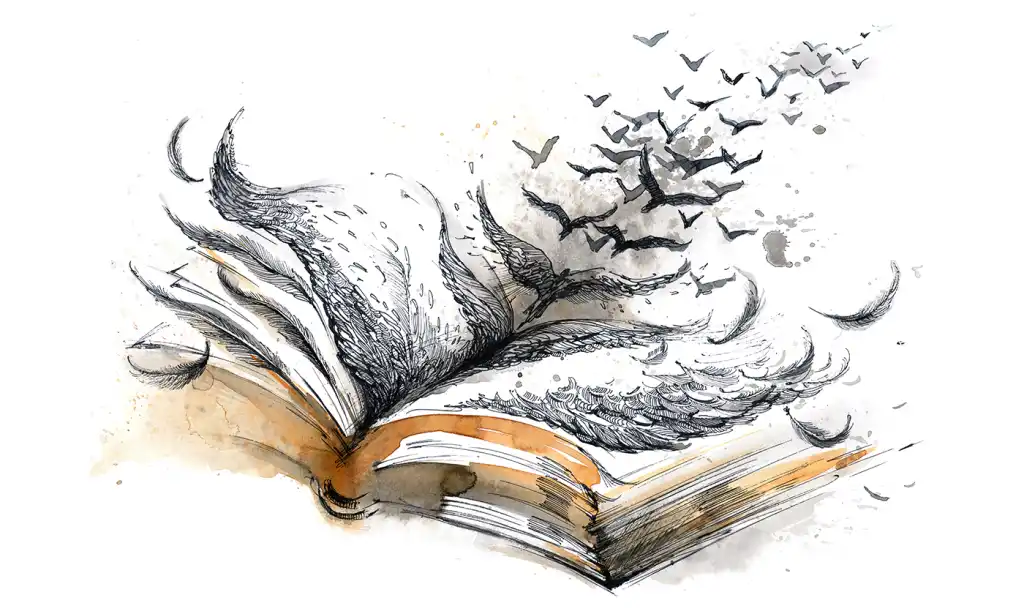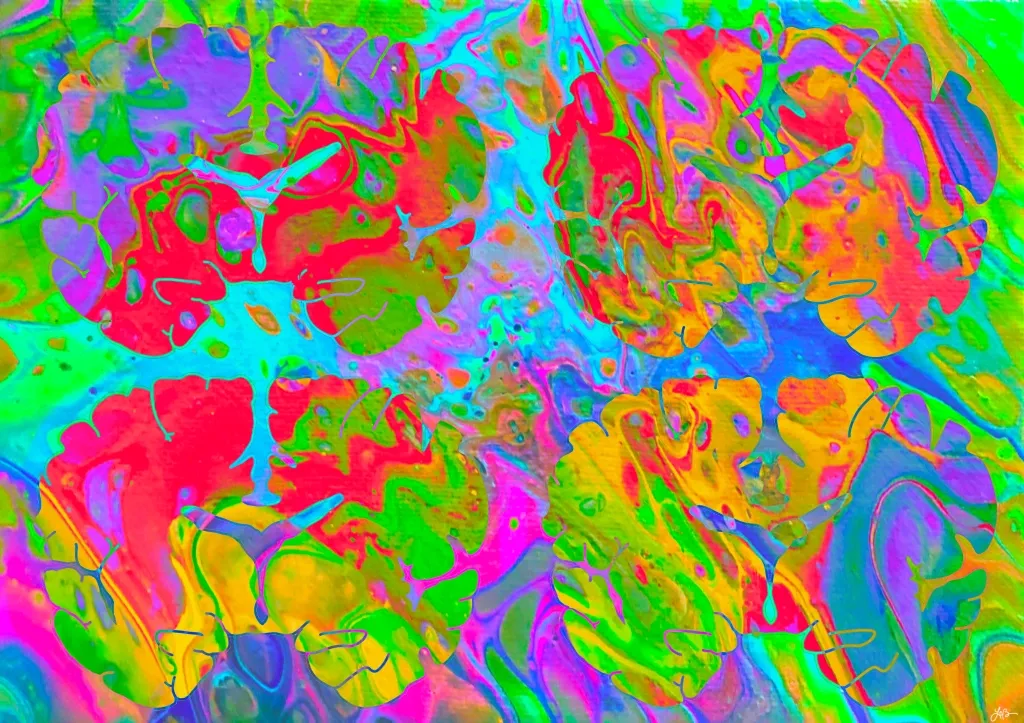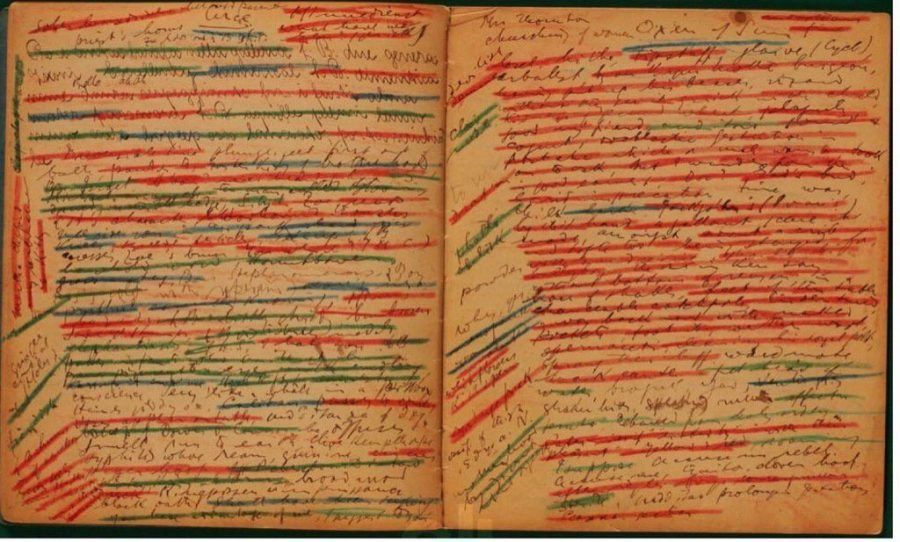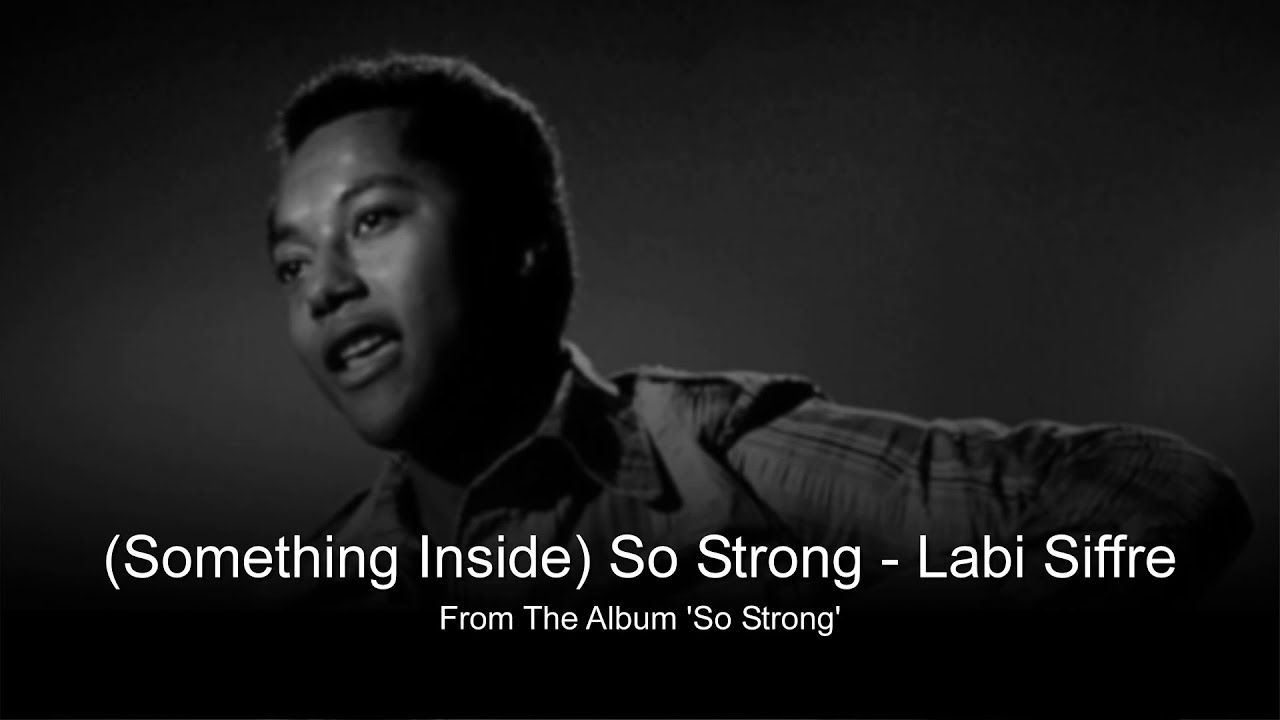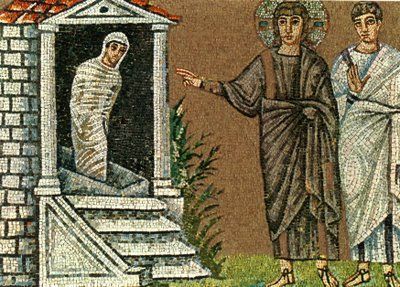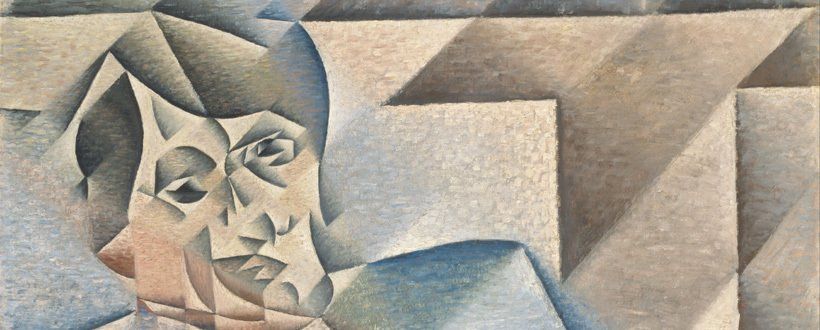ToK Essay Title Nov 2020 Prompt 2: Part 2
ToKTutor • 22 April 2020
What if...? Hypotheticals
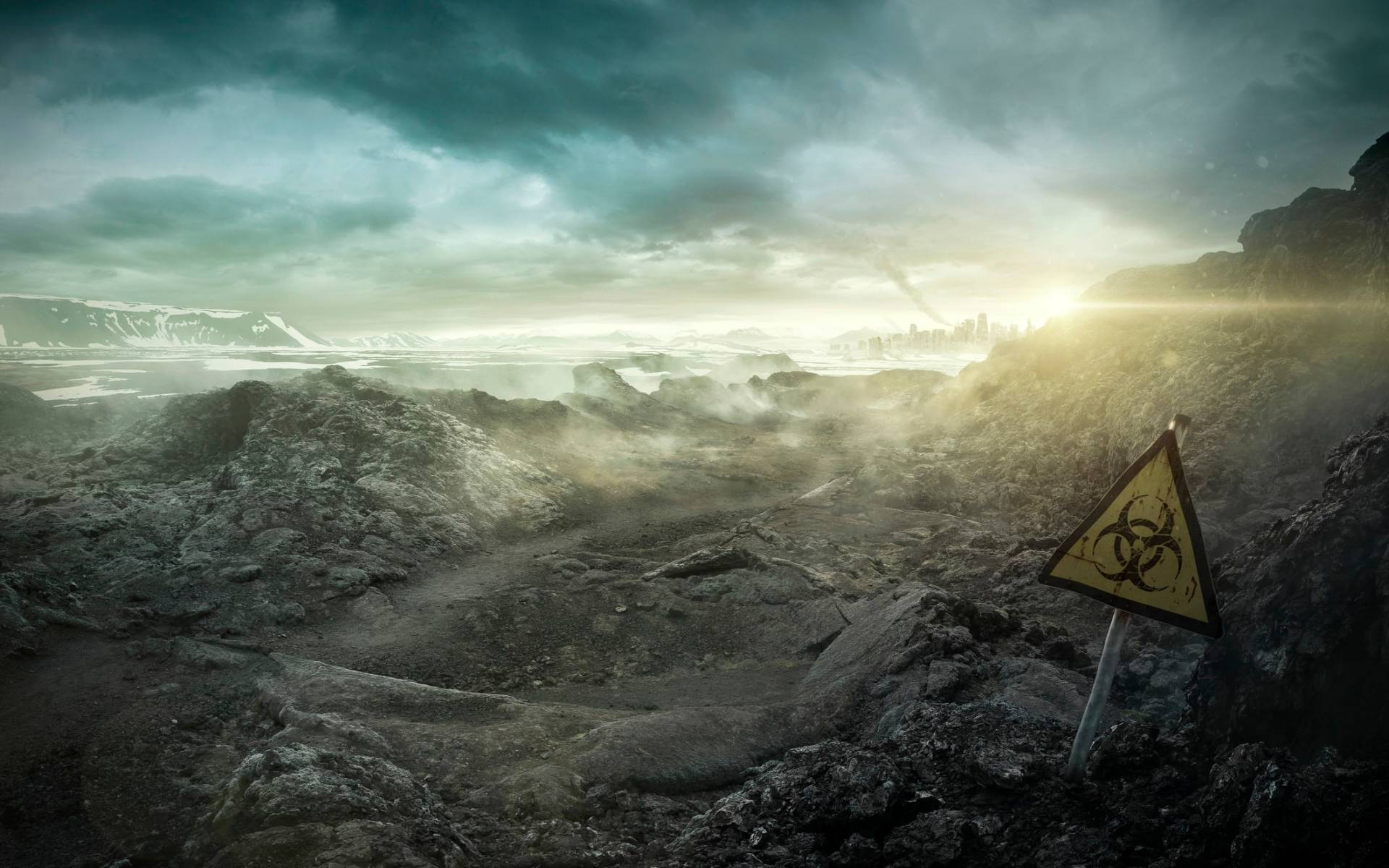
In a historical context, counterfactual thinking or ‘virtual history’ engages in ‘what if…?’ speculations about the past as a way of imagining a multitude of present scenarios based on an altered timeline of the past. For example, ‘If the Civil War in the USA hadn’t turned out as it did, what would have happened to slavery?’
However, within the professional community of historians, such thinking is a two edged-sword. Some experts think that ‘what if…?’ hypotheticals are disengaged from the foundations of historical methods: the evidence of primary and secondary sources. However, other experts believed that such counterfactuals can help historians more awareness about HOW they use such evidence in the first place and about their own methodological blind spots. These experts argue that a counter factual analysis of the past breaks the myth that history is deterministic. The nay-sayers argue, however, that counterfactual thinking engages the imagination more than rational analysis and belongs in the field of fiction.
Now, we know that fictional writers, especially science fiction and fantasy writers, naturally think in terms of counterfactual or ‘possible worlds’. This explains in part the success of shows like Star Trek, films like Back to the Future and more recently, the Harry Potter series of books. Now these are not simply escapist fancies. They tell us something both about the culture in which they emerged as well as about the hopes, fears and desires of human beings living during those times. Which brings us to the final point of this post and a closer connection to knowledge…
Stories are particularly good at shaping the mind’s perspectives. In a movie or a gaming situation, we suspend our disbelief about the world we’re about to enter, enabling as to accept the wild and strange events that we’re about to experience. On another, more evolutionary level, stories help us to picture future scenarios, partly as a way of getting to grips with our present circumstances and partly as a way of preparing for unknown future outcomes.
Lewis Dartnell’s book, The Knowledge, seems to bring together, in a way particularly relevant to our present lockdown circumstances, all these different aspects of hypothetical thinking mentioned in these posts. Imagine, he invites us, a post-apocalyptic situation in which only a handful of survivors remained to kick start everything again. He asks: ‘What key knowledge would you need to start rebuilding civilisation from scratch?
This is a fascinating exploration of a ‘what if…?’ situation with clear practical implications, not only for rebuilding a civilisation, but of perhaps building one on another planet in some intergalactic future. There are also far reaching issues linked to the preservation of knowledge at present, something that indigenous cultures who rely on the oral transmission of knowledge have struggled with for a long time. And it is a reflection on the cornerstone of the TOK course: how we use and abuse knowledge and know-how over time…






